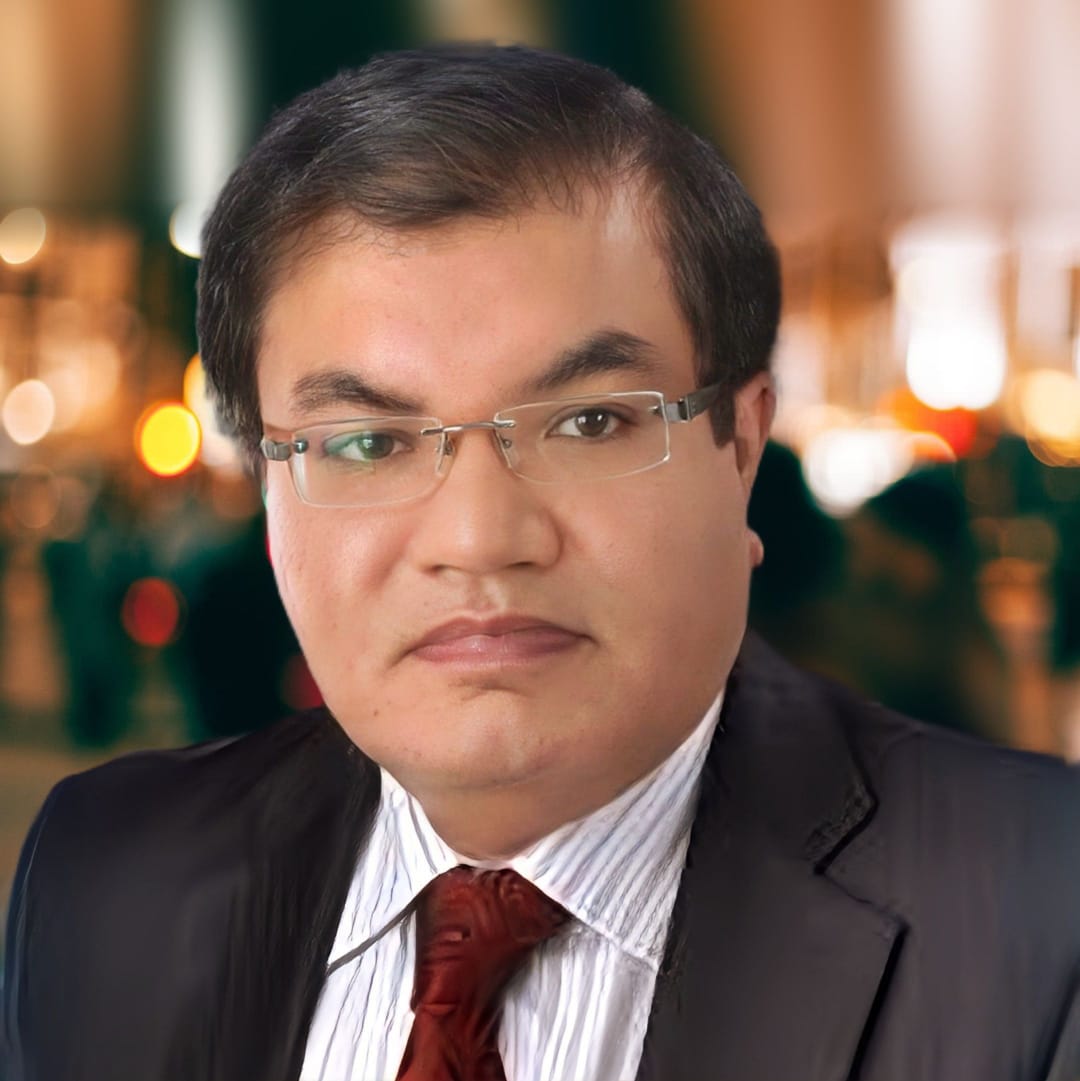Asim Munir’s military strategies to enter academic curriculums.
Staff Report
Islamabad:The Chairman of National Business Group Pakistan, the President of the Pakistan Businessmen and Intellectuals Forum, the President of All Karachi Industrial Alliance, the Chairman of the FPCCI Advisory Board, and the President and former provincial minister, Mian Zahid Hussain, said on Monday that during and after the Pakistan-India war, Prime Minister Shahbaz Sharif demonstrated exceptional skill, prudence, and wisdom in securing diplomatic victories on the global front.
He said that the PM’s success in effectively exposing India’s deceit and highlighting Pakistan’s stance before the international community is evidence of a successful foreign policy.
Mian Zahid Hussain said that immediately after the war, the Prime Minister elevated Army Chief General Syed Asim Munir to the rank of Field Marshal, reinforcing the perception of Pakistan’s victory both nationally and globally.
Speaking to the business community, the veteran business leader noted that the PM then engaged with world leaders as a humble yet victorious statesman, making it clear that Pakistan’s actions were solely in self-defence. At the same time, India was the aggressor attempting to destabilize regional peace.
As a result of these efforts, the United Nations, OIC, European Union, China, Russia, Turkey, and many other countries supported Pakistan’s position and expressed concern over India’s war ambitions.
Mian Zahid Hussain said that Pakistan not only portrayed itself as a responsible nuclear state during this critical time but also repeatedly offered talks to ease tensions and excellently countered India’s disinformation campaign. He said the PM highlighted Pakistan’s desire for peace and economic stability, which helped restore confidence among foreign investors.
He observed that under the Prime Minister’s leadership, Pakistan also succeeded in bringing the Kashmir issue back into the international spotlight. He said Pakistan has made it clear that its desire for peace should not be mistaken for weakness and that any threat to national security will be met with full defensive force, a stance appreciated in global circles.
Mian Zahid Hussain emphasized that these diplomatic successes must be institutionalized, and foreign policy must be closely tied to economic goals. He said that due to the Prime Minister’s efforts, Pakistan’s global image has improved, which will support trade, investment, and regional cooperation.
He added that OIC countries supported Pakistan’s stance, demonstrating Islamic solidarity. These achievements are not solely the result of the PM’s vision but also the outcome of the coordinated efforts of the armed forces, the Foreign Ministry, Pakistani ambassadors, and national security institutions.
Based on these recent successes, he said, Pakistan should now consistently link its foreign policy with economic growth, export promotion, and foreign investment.
Mian Zahid Hussain further said that, in contrast, India’s foreign policy has failed miserably. Disappointed by the US and European nations, an Indian delegation visited the small Latin American country of Colombia, but even Colombia showed them no interest, further increasing India’s diplomatic isolation and Prime Minister Modi’s frustration.
He added that in the recent war, Field Marshal Asim Munir’s leadership was exemplary, and his strategic brilliance and leadership qualities will be included in the curricula of global defense universities, just like the famous Chinese general and thinker Sun Tzu.
He said that Pakistan’s diplomatic posture during and after the war reflected maturity, strength, and confidence, setting a new standard for crisis management. The decision to prioritize dialogue while maintaining firm defence preparedness sent a strong message to the world that Pakistan seeks stability, not conflict.
Mian Zahid Hussain stressed that now is the time to build upon these gains by strengthening alliances, improving regional trade ties, and launching a global campaign to attract diaspora investment. He urged the government to institutionalize crisis response mechanisms so that future challenges can be addressed with similar clarity, speed, and international coordination.

